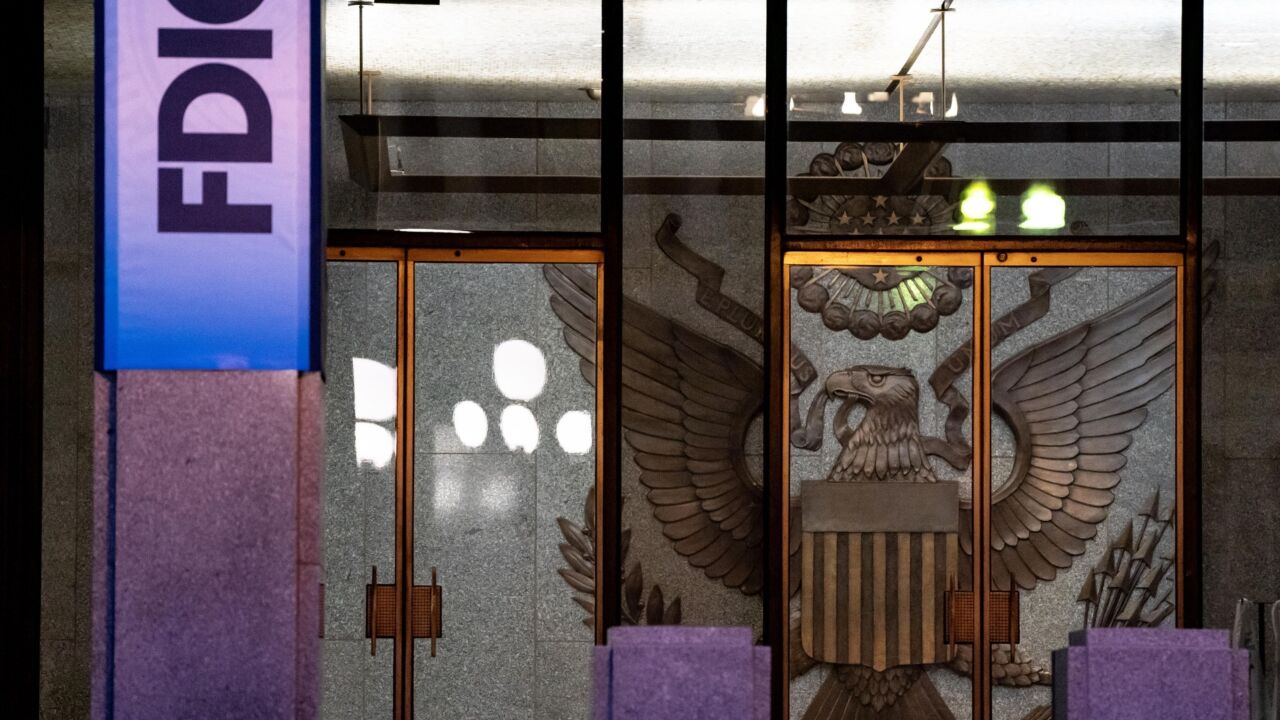WASHINGTON - Professional Bank of Denver took an unusual approach to a Federal Reserve Board notice charging it with operating in an unsafe and unsound manner.
It ignored it.
The $138 million-asset bank refused at least twice to respond to the Fed's notice of charges.
As a result, the Fed on Dec. 15 slapped the bank with a cease-and-desist order, demanding that the institution clean up its act.
The Fed said an "unduly high" portion of the bank's loans had gone to Oren Benton, its sole shareholder. It also said the bank issued certificates of deposit at above-market rates.
Professional Bank president Everett S. Covington said Tuesday that the board deliberately ignored the Fed's charges, preferring to concentrate on fixing the problems instead.
"We didn't want to agree to it because we didn't have anything to do with it," said Mr. Covington, who joined the bank in March. "We were brought in to straighten things out."
Mr. Covington said the bank already is in compliance with the cease-and- desist order, which requires the bank to maintain adequate capital, halt dividend payments, and stop renewing credit to those who are past due on existing loans.
The bank also must seek Fed approval for any asset sale valued at more than $1 million, and it must submit an analysis of its liquidity and management problems.
Mr. Covington said since the Fed's exam last winter the bank nearly doubled its capital to $9.3 million, and turned an expected $4.6 million loss for 1995 into an $860,000 loss.
Legal experts criticized the strategy, saying the bank could have struck a better deal if it had negotiated from the start.
"I would have recommended entering into a consent order," said Ronald Glancz, a partner at Venable, Baetjer, Howard & Civiletti. "A default just looks a bad. Then you could work with the regulators to clean up the problems."
Mr. Glancz applauded management's focus on fixing the bank's asset sheet. But he said it gave up any leverage it had to get a less restrictive order.
A settlement also is easier to explain to the public, he said.
"That looks better because you can say when you issue your press release that we consented to this and we expect to get out from under the problem," he said.
Lisa Detwiler, a partner at Schnader, Harrison, Segal & Lewis in Philadelphia, said the government's accusations are now part of a permanent legal file that anyone can request.
"By not responding an institution then doesn't have its side of the story in the administrative record," she said.





